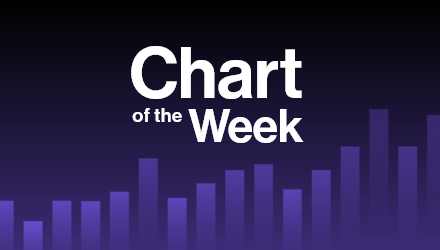While U.S. equities remain top of mind for advisors, emerging equity markets are in greater focus than all other asset classes. In a VettaFi webcast last week with Dimensional Funds Advisors, we asked, “As you think about market conditions moving forward, which asset class are you focusing most of your attention on?”
An overwhelming majority (62%) chose U.S. equities, which is to be somewhat expected given an inherent home bias, but emerging markets was selected by 15% of the advisor audience, taking second place overall. Developed international equities (11%), commodities (6.7%), and U.S. investment-grade fixed income (5.6%) were other asset classes being focused on to a lesser extent, while U.S. high yield and developed international fixed income were not chosen despite being listed as options.

We recently wrote about some moderately sized emerging markets ETFs that were holding up relatively well in 2022 given the market volatility, but we made only passing comments about the largest ETFs in the asset class from iShares and Vanguard. So let’s look more closely at them.
The Vanguard FTSE Emerging Markets ETF (VWO) is the largest and cheapest ETF in the space, with $71 billion in assets and a fee of just 0.08%. However, the iShares Core MSCI Emerging Markets ETF (IEMG) is not far behind with $65 billion in assets. Despite charging only one basis point more in fees (with a 0.09% expense ratio), IEMG’s year-to-date performance through July trailed VWO’s by 150 basis points (a loss of 17.1% vs. a loss of 15.6%). While these ETFs sound very similar, their country exposures are different.
VWO and IEMG, along with many other emerging markets ETFs, are index-based, and the asset managers invest in shares of companies that meet with the indexes’ criteria. When investing in ETFs focused outside the U.S., whether a company, such as Samsung Electronics, is based in a country that is classified as a developed market or an emerging market is particularly important.
South Korea, which is where Samsung is domiciled, has long been classified as an emerging market by index provider MSCI, just like China, India, and Taiwan. However, FTSE Russell views South Korea as a developed international market even as there’s agreement about the other major markets.
To see more of Todd’s research, reports, and commentary on a regular basis, please subscribe here.
For more news, information, and strategy, visit VettaFi.
